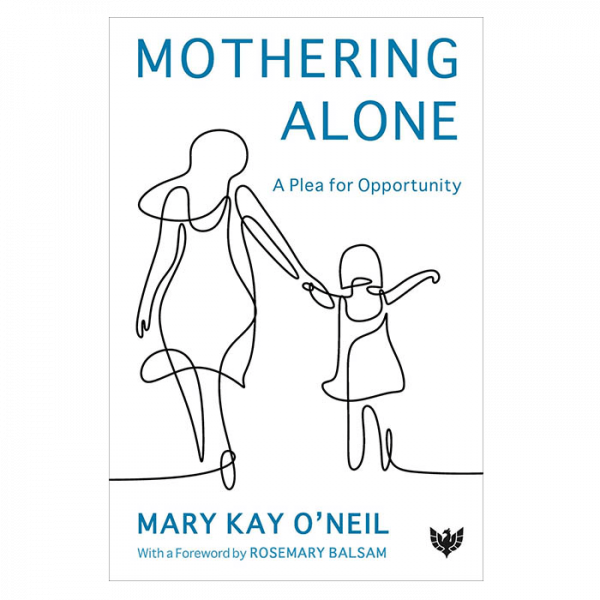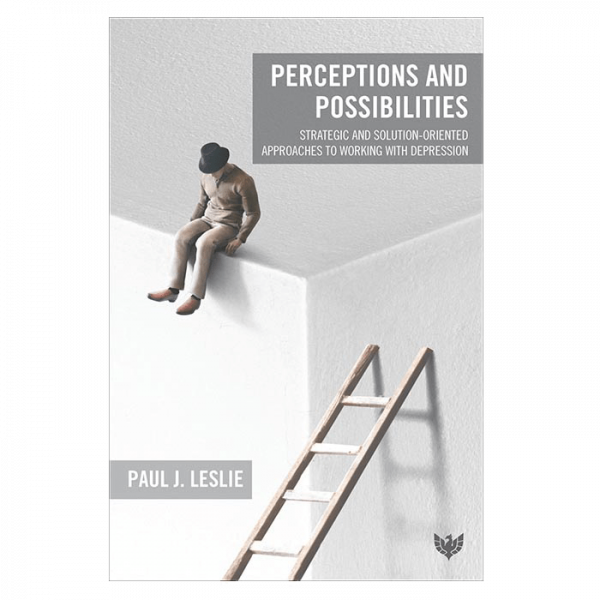Thirty-five papers from a variety of technical and intellectual journals trace fifty years of distinguished service to psychoanalysis, sociology, politics and anthropology.
Whether you’re looking for answers, would like to solve a problem, or just want to let us know how we did, we are always happy to hear from you.
Phoenix Publishing House
Unit 2, Brookstone House
6 Elthorne Road
London N19 4AG
United Kingdom
Email: hello@firingthemind.com
Phone: +44 (0)20 8442 1376


£25.19 – £37.00Price range: £25.19 through £37.00
Thirty-five papers from a variety of technical and intellectual journals trace fifty years of distinguished service to psychoanalysis, sociology, politics and anthropology.
| Author |
Roger Money-Kyrle |
|---|---|
| ISBN |
9781912567935 |
| Format |
Paperback, e-Book, Print & e-Book |
| Page Extent |
512 |
| Publication Date |
March 2015 |
| Subject Areas |
Psychoanalytic Theory, Psychosocial Studies |
Thirty-five papers from a variety of technical and intellectual journals trace fifty years of distinguished service to psychoanalysis, sociology, politics and anthropology.
Roger Money-Kyrle (1898–1980) was an influential psychoanalyst particularly noted for his promotion and development of the ideas of Melanie Klein. He was analysed by Ernest Jones, by Freud and later by Klein. Initially his interest in psychoanalysis was stimulated in connection with his work in philosophy, anthropology, and the social sciences generally, but following his analysis with Klein he became a practising analyst and subsequently a training analyst. His papers reflect both his interest in the contributions that psychoanalytic thought could make to understanding social problems, in particular in matters of war and politics, and also his contributions to analytic theory and praxis.
ACKNOWLEDGEMENTS
PREFATORY NOTE by Edna O’Shaughnessy
EDITOR’S INTRODUCTION by Donald Meltzer
AUTHOR’S PREFACE
AUTOBIOGRAPHICAL NOTE
1. Belief and Representation (1927)
2. The Psycho-physical Apparatus (1928)
3. Morals and Super-men (1928)
4. Critical Abstract: Roheim’s ‘After the Death of the Primal Father’ (1929)
5. The Remote Consequences of Psychoanalysis on Individual, Social and Instinctive Behaviour (1931)
6. A Psychologist’s Utopia (1930)
7. A Psychoanalytic Study of the Voices of Joan of Arc (1933)
8. A Psychological Analysis of the Causes of War (1934)
9. The Development of War (1937)
10. The Psychology of Propaganda (1941)
11. Towards a Common Aim: A Psychoanalytic Contribution to Ethics (1944)
12. Social Conflict and the Challenge to Psychology (1947)
13. Varieties of Group Formation (1948)
14. Some Aspects of State and Character in Germany (1951)
15. Towards a Rational Attitude to Crime (1953)
16. The Anthropological and Psychoanalytic Concept of the Norm (1955)
17. Psychoanalysis and Ethics (1955)
18. An Inconclusive Contribution to the Theory of the Death Instinct (1955)
19. Psychoanalysis and Philosophy (1956)
20. The World of the Unconscious and the World of Common Sense (1956)
21. Normal Counter-transference and Some of its Deviations (1956)
22. The Process of Psychoanalytical Inference (1960)
23. On Prejudice – a Psychoanalytical Approach (1960)
24. A Note on Migraine (1963)
25. Politics from the Point of View of Psychoanalysis (1964)
26. Megalomania (1965)
27. Review: W. R. Bion, Elements of Psychoanalysis (1965)
28. Success and Failure in Mental Maturations (1965)
29. A Note on ‘The Three Caskets’ (1966)
30. British Schools of Psychoanalysis: Melanie Klein and her Contribution to Psychoanalysis (1963)
31. Cognitive Development (1968)
32. On the Fear of Insanity (1969)
33. The Aim of Psychoanalysis (1971)
34. Reviews: Meltzer et al., Explorations in Autism (1976); Ginsberg et al., Introduction to the Work of Bion (1976)
35. On Being a Psychoanalyst (1977)
CHRONOLOGICAL LIST of the Published Writings of Roger Money-Kyrle
LIST OF REVIEWS
INDEX
You must be logged in to post a review.
FIRE YOUR MIND
No account yet?
Create an Account
Edna O’Shaughnessy, from the Prefatory Note –
‘Roger Money-Kyrle belonged to the English tradition of the first quarter of the twentieth century, a time of wide horizons, and his project was correspondingly ample – an attempt to understand man and the world man makes for himself. He used the knowledge of psychoanalysis to illumine areas in biology, anthropology, politics, ethics and history, in addition to making contributions to clinical and theoretical psychoanalysis itself.’
Donald Meltzer, from the Editor’s Introduction –
‘The rectification of man’s model of his world involves a transformation of values, for while the truth may liberate people from persecutory anxieties, it imposes upon them love for the worlds both inner and outer, and consequent guilt for the damage caused by their greed and destructive envy. This seems to me to be the essence of Money-Kyrle’s wisdom and, like Socrates who knew how little he knew, no man is wiser than he. Where I learned psychoanalytic theory and technique from others, I learned the meaning of psychoanalysis as a thing-in-the-world from him.’